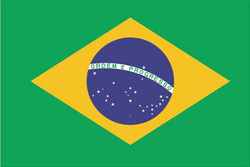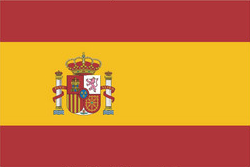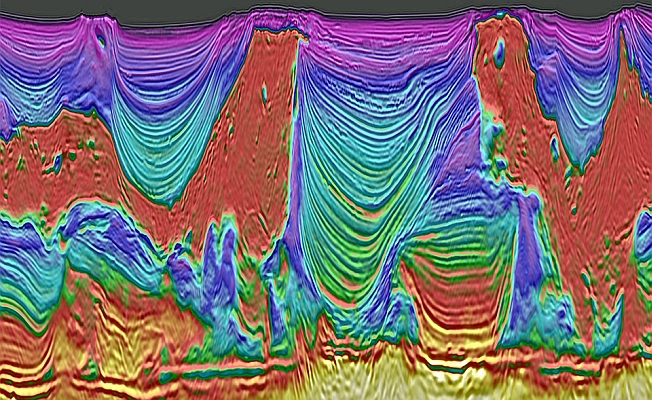The Sustainable Development Indicators – SDI 2012, which Brazillian Institute of Geography and Statistics (IBGE) releases at Rio +20, give a broad view of the country, in four dimensions: environmental, social, economic and institutional. The 62 indicators, produced or brought together by IBGE, show strong and weak points.
Among the strong points are: the reduction, in six years, of approximately 77% of the annual crude deforestation of the Legal Amazon, the increasing number of protected areas, the decrease in the infant mortality rate by half in one decade and the growing access to water and sewage networks as well as garbage collection services. Among the weak points are the remaining socio-economic and gender inequalities. Almost half of the indicators registers favorable results, part of them with some kind of exception. Thus, most of the air polluters in urban areas recorded a stable trend or a drop, but the numbers are still high in some cities and metropolitan regions, even higher than the established patterns.
One of the greatest challenges is sanitation, whose partially low rates related to water, sewage and waste collection, destiny or adequate treatment, interacting with other indicators, point to consequences, such as: the recurrent high number of hospital admissions due to diseases related to the lack of sanitation, more common in the North and Northeast. Or the rising threats to biomes and Brazilian endangered species. The recycling levels are high, even though more associated to the activities of waste pickers than to selective collection. The homicide and traffic accident rates are still high in Brazil.
Considerations on the environment open the survey, which brings 20 indicators that directly evaluate air, land and water quality, the Environmental Dimension of the SDI –2012 returns to polemic themes, such as the use of pesticides. However, the complexity of the ecological issue can also be considered in the scope of a less exploited theme: the invading species, which can become agricultural plagues or disease vectors, just like the dengue mosquito, from Africa.
The complete publication of the Sustainable Development Indicators of the Brazilian Institute of Geography and Statistics – SDI 2012 is available.
Source: IBGE









